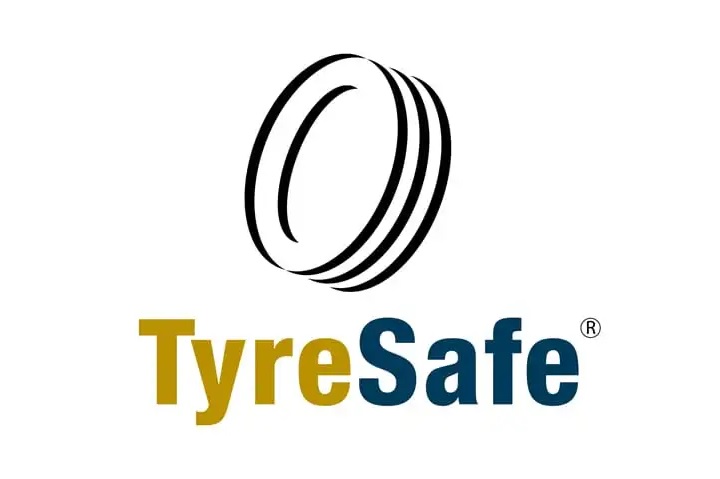
“Casualty figures prove hundreds of lives are changed each year as a result of incidents involving vehicle defects. We should work to reduce those, not increase the likelihood of creating more.”
That’s the reaction of TyreSafe to planned changes to MOT testing announced by the DfT last week.
Put out for consultation on 18 January, the plans would increase the date at which the first MOT for new cars, motorbikes and vans is required from three to four years.
They also consider the potential to reduce the frequency of MOTs.
While the DfT points to analysis suggesting the changes ‘should not impact road safety’, TyreSafe says they only increase the risk of collisions.
It also highlights the important role MOTs play in detecting defective tyres.
Stuart Lovatt, TyreSafe chair, said: “Advances in vehicle and tyre technology makes modern vehicles safer than they ever have been. However, tyres are in constant contact with the road environment and subject to damage on any journey.
“They need to be checked regularly and we know too many drivers don’t take tyre maintenance seriously – and, in fact, wait for an MOT failure before replacing unroadworthy tyres.
“Over two million cars fail their MOT each year. All of these failures pose a serious safety risk and we need to do more to ensure vehicles on our roads are safe and legal.
“Clearly, extending the first MOT from three to four years, or indeed making it a requirement every other year, only increases the risk of incidents.
“The casualty figures prove hundreds of lives are changed each year as a result of incidents involving vehicle defects. We should work to reduce those, not increase the likelihood of creating more.”
“Over two million cars fail their MOT each year. All of these failures pose a serious safety risk….” Really? ‘all’ of them? Most MOT failure points could not cause a collision on their own, if at all – apart from the nut holding the steering wheel of course!
Hugh Jones, Cheshire
--3